May 5, 2024 | 09:43 GMT +7
May 5, 2024 | 09:43 GMT +7
Hotline: 0913.378.918
May 5, 2024 | 09:43 GMT +7
Hotline: 0913.378.918
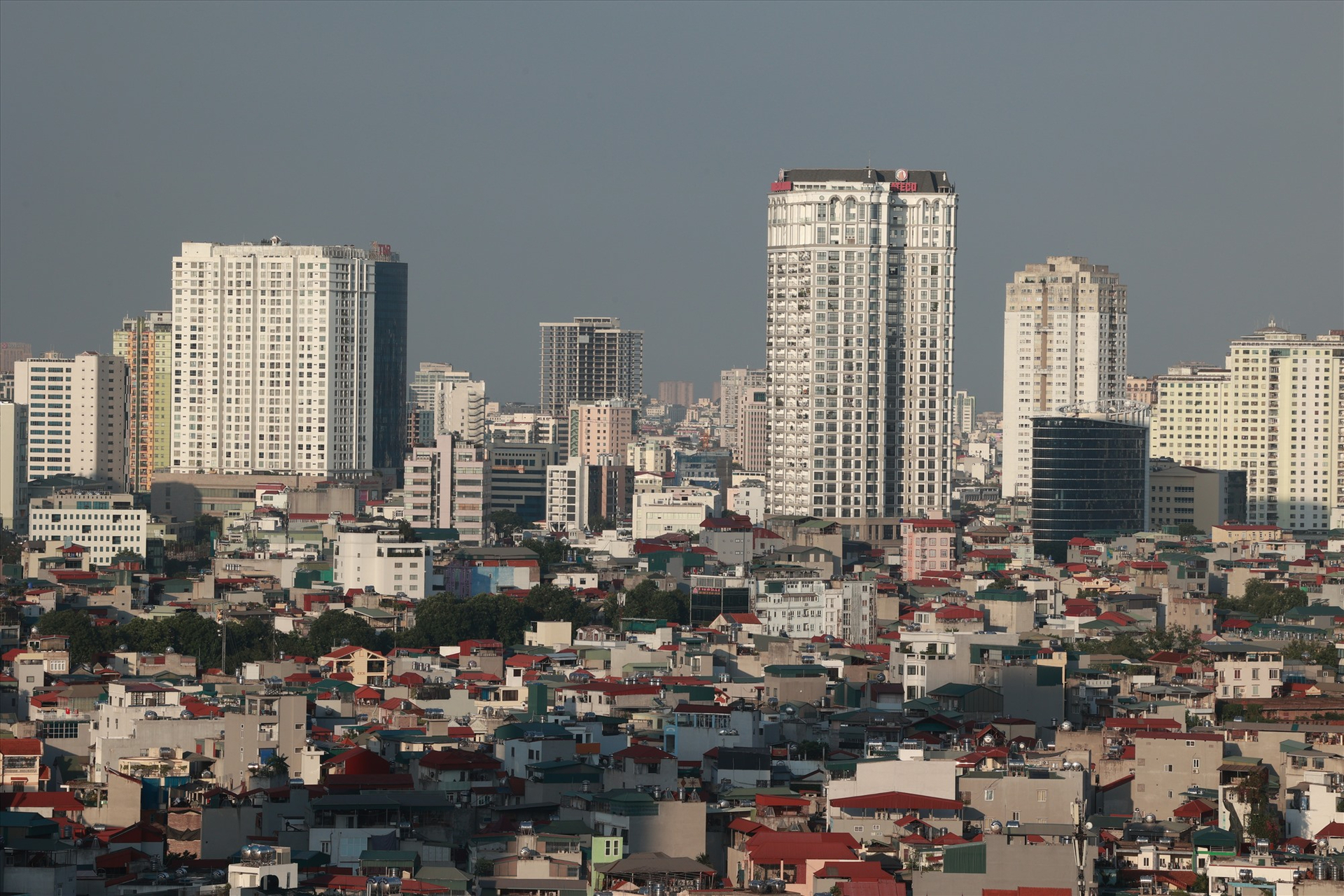
The city can retain 100% of land use fees and lease land to carry out the task of developing the Capital Region, etc.
As a result of conducting research and receiving opinions from ministries, branches, agencies, experts, and scientists on the draft Capital Law, Hanoi's CPV Designated Representation of the Municipal People's Committee "realized that important contents of the (amended) draft Capital Law still have differing opinions," according to the city's statement.
Faced with the aforementioned reality, the Hanoi People's Committee proposed 16 amendments to the draft revised Capital Law, requesting that the Standing Committee of the city's CPV Designated Representation report to the Politburo's leadership and direction for feedback.
According to the content of the amended Capital Law, the city may retain 100 percent of land use fees and lease land to carry out the task of developing the Capital Region, and supporting the relocation of central agencies, schools, hospitals, and production facilities according to planning in order to have land funds to develop technical and social infrastructure works for the benefit of the community. Clause 6, Article 38 of the current draft Law submitted by the Ministry of Justice to the Government states that the city is entitled to 95% of land use and land lease fees.
On the basis of the provisions of Resolution 18-NQ/TW of the 5th Conference of the 13th Party Central Committee, dated 16 June 2022, on "having a reasonable regulatory mechanism, effective revenue from land use fees and land rents between the central and local levels," it is believed that the draft Law should regulate the ratio of regulating revenue from land use fees and land rents under the municipal management authority.
In addition, there are opinions that, in order to generate initial resources for Hanoi, a specific mechanism is required so that the city can implement investment initiatives to develop its economic and social infrastructure. Association, implementation of key programs and projects of the Capital and Capital Region, investment projects according to the public-private partnership (PPP) method, urban development projects according to TOD (model-oriented development of the public transportation system as the basis for urban development planning), and support the relocation of establishments and units on the list of relocation, it is necessary to stipulate that Hanoi City retains 100 percent of l.
In accordance with Resolution 18-NQ/TW, the Ministry of Justice submitted a draft law to the government that stipulates Hanoi can retain 95% of revenues from land use fees and land rents under the City's management authority.
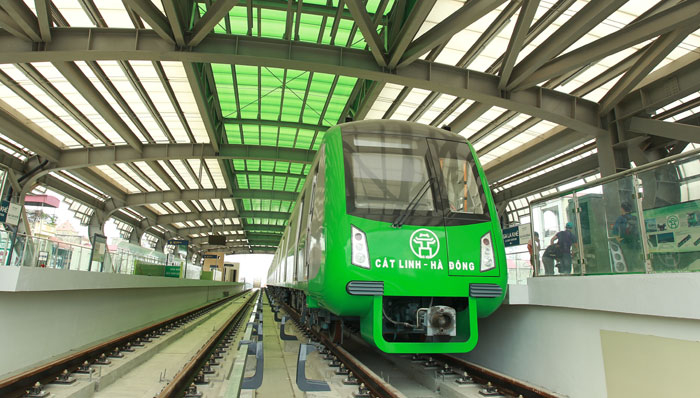
Hanoi proposed no limit on the capital level, however, according to some Ministries and branches, and received by the Ministry of Justice, there should be a maximum limit on the capital level of over 10,000 billion VND.
Regarding public investment, the draft law stipulates that the Hanoi People's Council decides on investment policies for projects under its authority in accordance with the law on public investment and has the authority to decide on investment policies for urban railway projects; Projects using a maximum public investment capital of VND 20,000 billion, excluding urban railway projects; Projects using central budget, ODA capital, and foreign preferential loans assign Hanoi City as the interdisciplinary center. According to Hanoi's proposal, there is no limit on the amount of capital; however, some ministries and branches, as well as the Ministry of Justice, believe there should be a limit. The utmost capital limit exceeds 10,000 billion VND.
The draft submitted by the Ministry of Justice sets the maximum capital level at VND 20 trillion, with the exception of urban railway projects, for which no maximum capital level is specified.
Hanoi requested that the CPV Designated Representation's Standing Committee remark on this content for consideration and inclusion in the report, as well as seek the opinion of the Politburo.
The Hanoi People's Committee reiterated this view in its latest report on the progress of drafting the revised Capital Law.
The National Assembly approved the Capital Law on November 21, 2012, which came into effect on July 1, 2013. This important legal document outlines the status, roles, responsibilities and policies for the construction, development and protection of the capital.
After nearly 10 years of implementation, the specific mechanisms outlined in the Capital Law have brought positive results to Hanoi's development process. However, it has also revealed shortcomings and limitations that require amendments and additions to meet the demands of the current situation.
Translated by Linh Linh
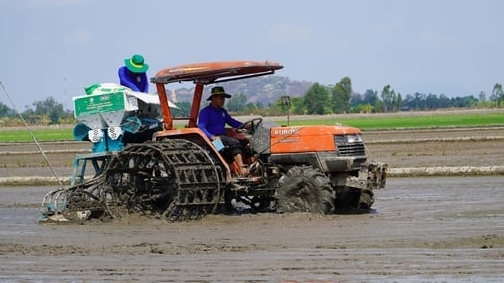
(VAN) According to the draft payment scheme for emission reduction results from the Project for one million hectares of high-quality rice, farmers in cooperatives and cooperative groups will be the primary beneficiaries.
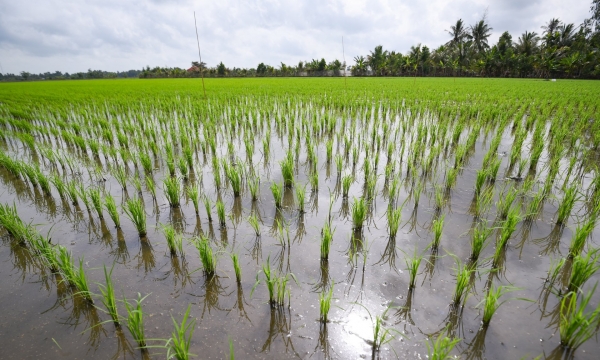
(VAN) Minister Le Minh Hoan has urged for a solution to effectively communicate the benefits of applying emission-reducing agriculture practices in the 1 million hectares of high-quality rice project in the Mekong Delta.
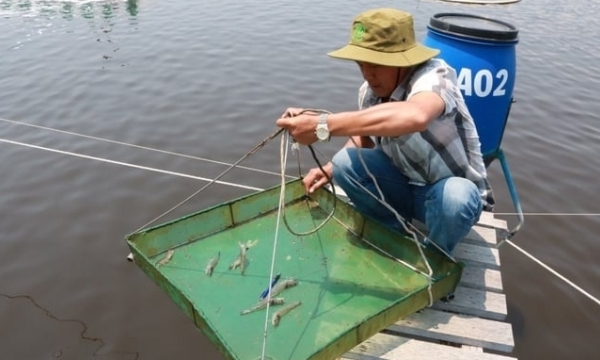
(VAN) According to the Department of Animal Health, Vietnam currently has 32 disease-free shrimp production facilities nationwide, including 27 facilities with a post larvae capacity of 38 billion per year.
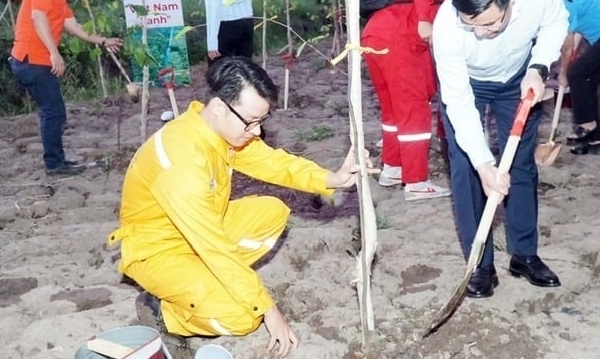
(VAN) Vietnam Oil and Gas Group (Petrovietnam) has just launched a tree planting ceremony in Tran Hoi commune and inaugurated a rural traffic bridge in Khanh Binh Tay Bac commune, Tran Van Thoi district.
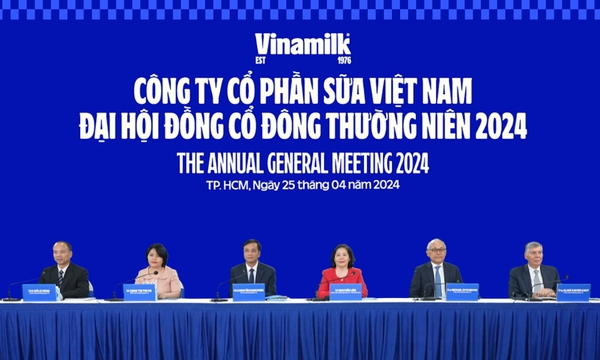
(VAN) On April 25, Vinamilk held the 2024 General Meeting of Shareholders and set a target of 4.4% growth in revenue and 5% in pre-profit tax.
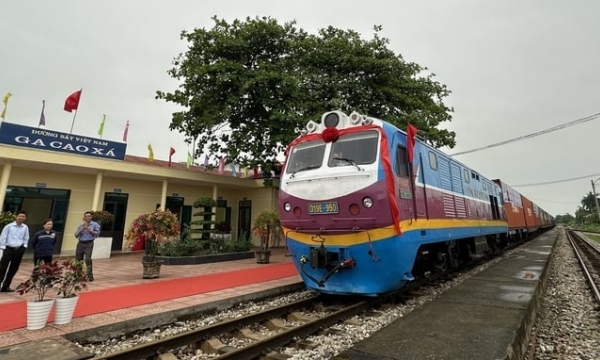
(VAN) On May 2nd, Vietnam Railways and the Hai Duong People's Committee inaugurated the first train from Cao Xa station to international transportation.
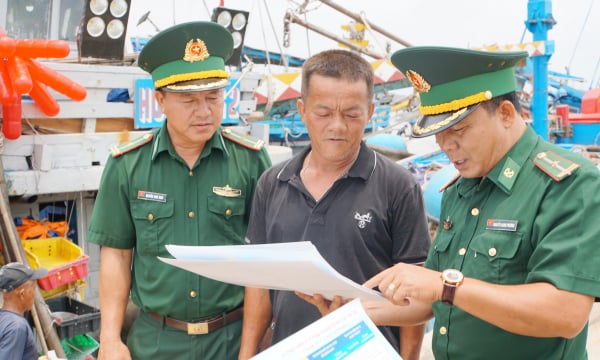
(VAN) MARD has sent a paper to the Ba Ria – Vung Tau province on the prioritization of combatting IUU fishing and the upcoming fifth inspection by the EC delegation.